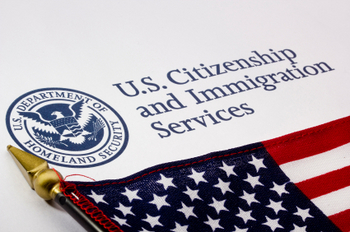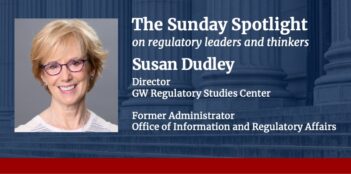
Supporters of Senate Bills on STEM say US needs skilled immigrants.
Two recently introduced bills in the United States Senate are designed to slow the “brain drain” of foreign-born scientists and engineers who return to their native countries after receiving graduate training in the US.
Senators Lamar Alexander (R-TN) and Chris Coons (D-DE) introduced the Sustaining our Most Advanced Researchers and Technology (SMART) Jobs Act with the hope of retaining more US-trained foreigners. The Act proposes a new kind of visa for STEM students in graduate programs. The visa would remain valid for one year after graduation to allow the student to find employment. Once employed full-time in a STEM field, holders of the visa would become eligible to apply for green cards. These would not count towards the current annual limit of 140,000 employment-based green cards.
The Securing the Talent America Requires for the 21st Century (STAR) Act, proposed by Senator John Cornyn (R-TX), takes a different approach. Instead of providing for new visas, the bill would eliminate the Diversity Immigrant Visa program, which uses a random lottery to admit about 50,000 immigrants each year from countries that send few nationals to the US. Those visas would instead be given to STEM graduates who have obtained job offers in America.
In 2006, one quarter of master’s degrees and nearly 40% of doctoral degrees in STEM fields were awarded to non-resident aliens. Graduates who wish to obtain an “immigrant visa” (necessary to apply for legal permanent residence) often face wait times of years, potentially decades. Senators Cornyn, Alexander, and Coons say that such long waiting periods force many of the brightest immigrants to return to their native countries, where they help their domestic industries compete with US companies. The SMART Jobs Act and the STAR Act aim to combat this trend by making it easier for STEM-trained aliens to stay in the US as permanent residents.
The SMART Jobs Act and the STAR Act have garnered support from groups that claim that current immigration policy subsidizes foreign innovation in science, technology, engineering, and math (STEM).
The bills have been praised by technology industry groups, such as TechNet and the Consumer Electronics Association, and immigration-reform groups, such as Compete America and Immigration Voice.
Detractors point to testimony presented by Dr. B. Lindsay Lowell of Georgetown University at a 2011 hearing of the House Committee on the Judiciary. Dr. Lowell summarized data he and others had gathered and argued that the US does not need more workers with STEM degrees, but rather must convince more of the most qualified to stay in STEM fields throughout their careers.



